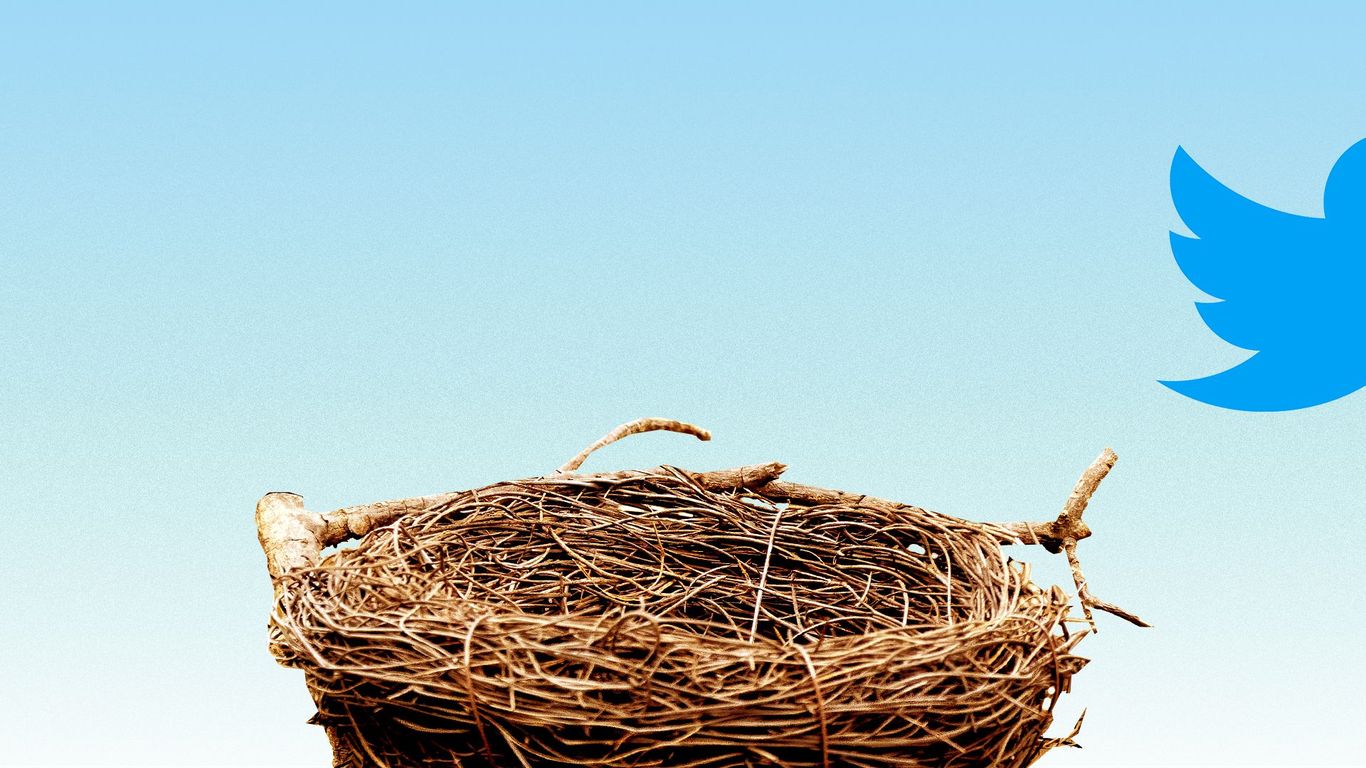Archive Link from archive.today
Original link from Axios
From Axios:
"Several Twitter alternatives are emerging but it’s not clear which, if any, will become the new platform of choice for scientists.
Experts often point to Mastodon, Bluesky and Meta’s planned Twitter rival as possible options. Many scientists have been publishing elsewhere for a while on platforms like Substack.
Caballero suggested the future may be in a “decentralized” social media platform that mirrors the distribution model of podcasts, which have platforms such as Spotify and Apple."



Something to keep on mind is that Twitter (and Twitter followers) never had a log of weight in academic promotion discussions. You could be a “public scholar” on Twitter but that might not help you with tenure.
Something like substack might work better because it will give academics a “hard count” of followers with whom they share their work beyond scholarly publications.
Long story short, moving from Twitter benefits academics more than staying.
There were quite a lot of discussions between scientists as peers though. Following Deepmind’s protein folding algorithm, AlphaFold was opensourced, there were discussions that were Actual Science ideas happening on Twitter, because everyone was excited about how they could adapt and use this cool new tool for their particular research. I know this, because I had to ask my supervisor how to cite a Twitter discussion (and she had to check with her colleagues)